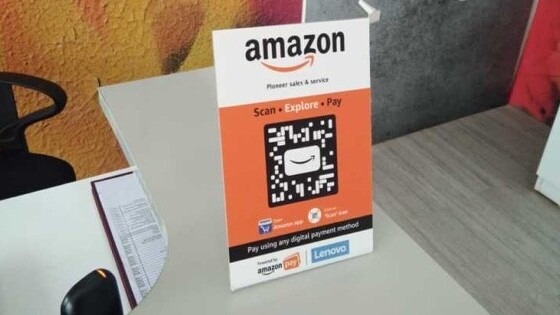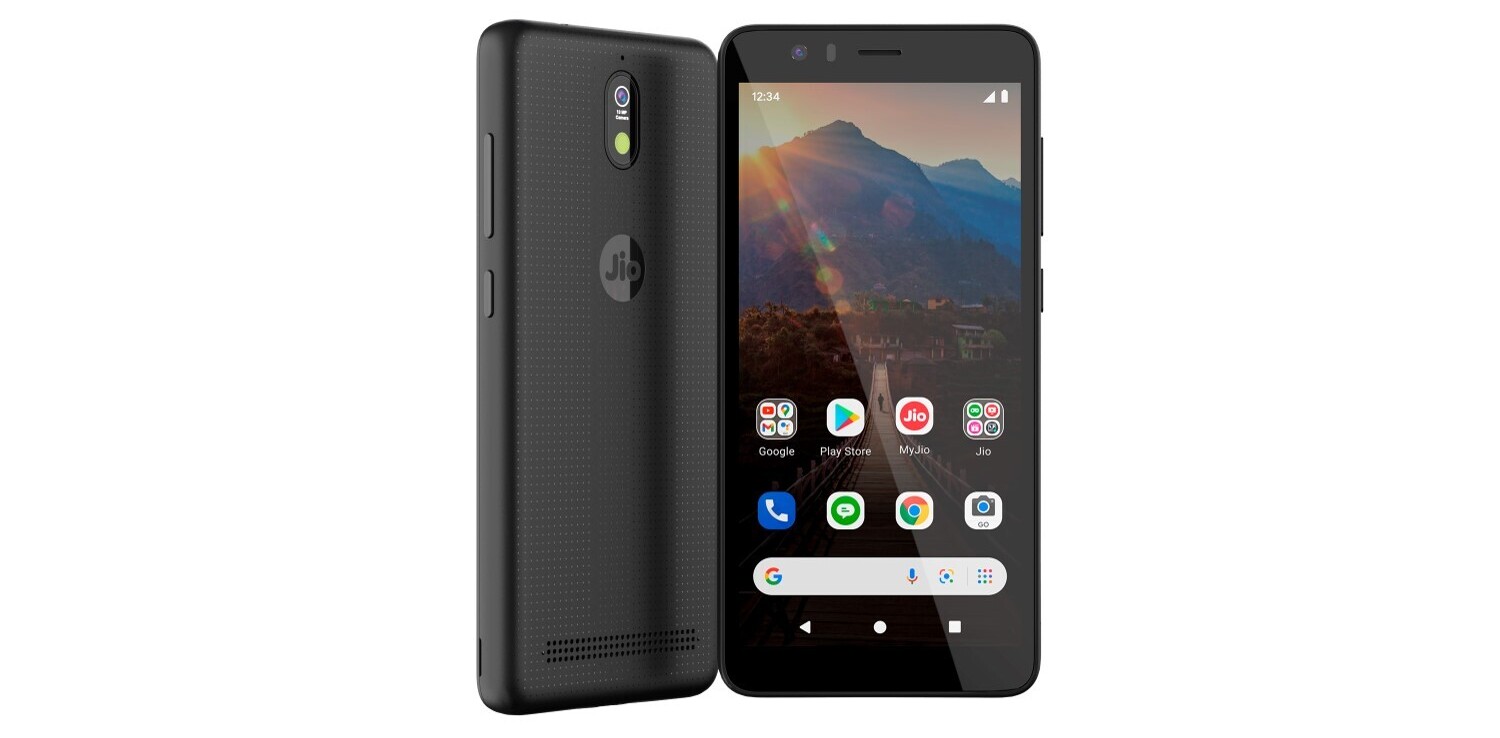
Amazon has launched a new program in India called “Smart Stores” that will convert brick and mortar stores to “digital storefronts” through QR codes.
The idea is that you can scan a QR code stuck on the front of the store, browse through their catalog on the Amazon app, and place an order without having to go inside the shop. That way, you can maintain social distancing till Covid-19 is around.
This is a useful feature in a post-pandemic India as well, where a lot of shops are crowded on a busy day, and the shopkeeper might not have time to attend you.
Smart Stores is powered by Amazon Pay and it allows users to pay through credit or debit card, UPI, or turn their order into EMI. It’s not clear that if you can place your order at the shop and get it delivered to your home later. We’ve asked Amazon for more details, and we’ll update
Mahendra Nerurkar, CEO, Amazon Pay, said that Smart Stores will help increase sales for merchants:
Amazon Pay is already accepted at millions of local shops, we are trying to make customers’ buying experience at local shops even more convenient and safe through Smart Stores. Further, through EMIs, bank offers, and rewards, we seek to make these purchases more affordable and rewarding for customers, and help increase sales for merchants.
Amazon says that Smart Stores will help merchants convert their shop into a digital storefront, so people can browse their products from anywhere.
The company says that thousands of brick and mortar stores have already signed up with for the Smart Stores program.
In January, when Jeff Bezos visited India, members of the Confederation of All India Traders (CAIT), a union of small traders, held protests against the company for its predatory pricing practices. Since then, the ecommerce giant has tried to make mends with these traders. In April, it allowed local shops to sell groceries online.
Get the TNW newsletter
Get the most important tech news in your inbox each week.




